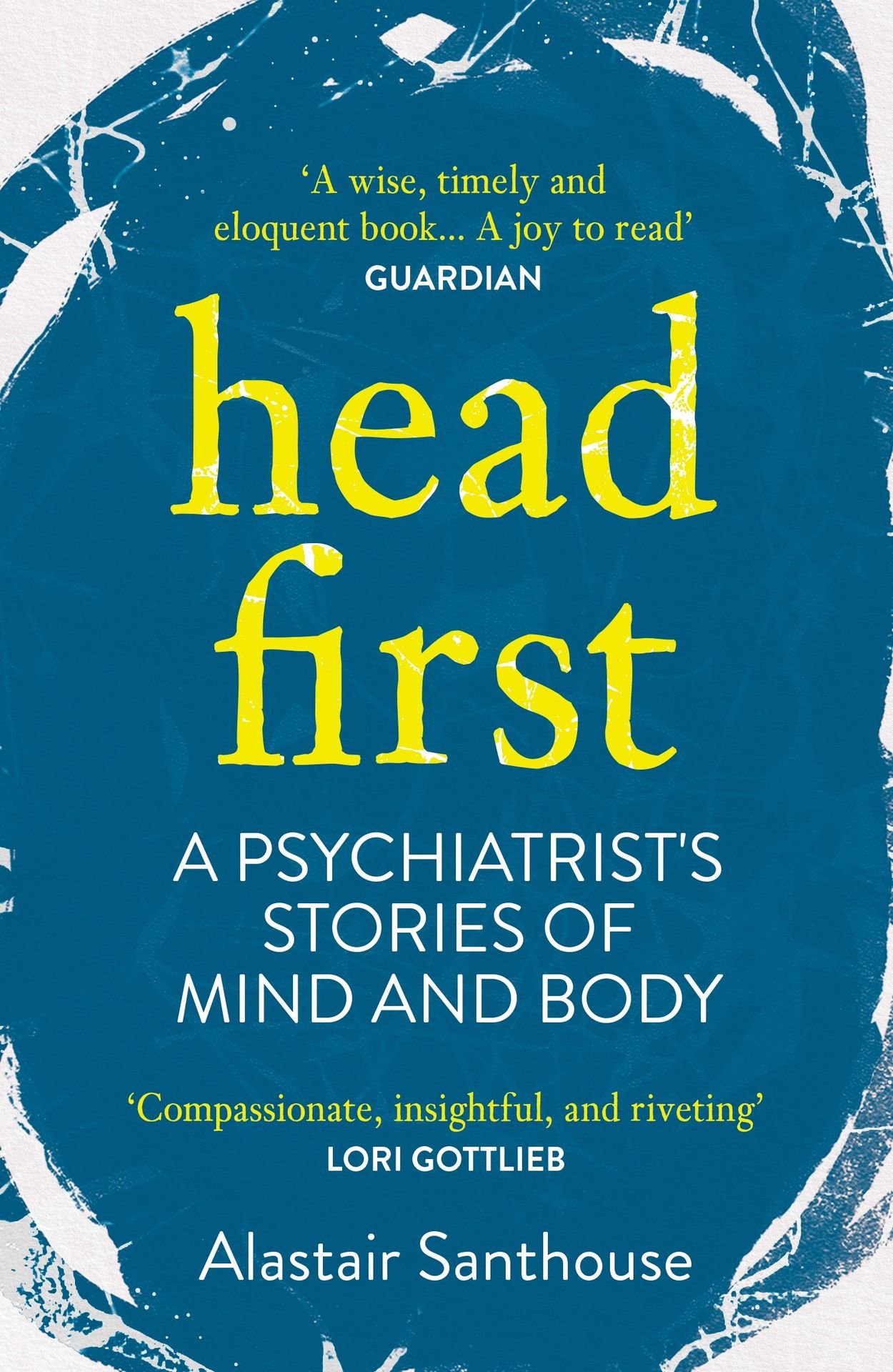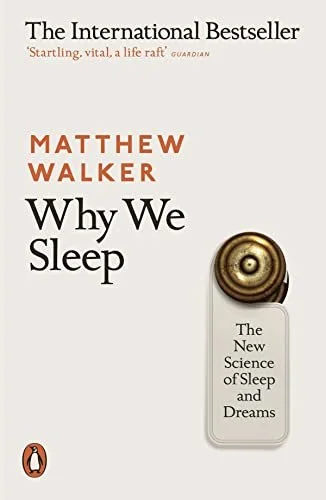Top 5 Psychology Books on Mental Disorders
Series: Recommended Psychology Books
Sometimes what first draws people to exploring psychology is an interest in mental disorders. This may be because a powerful film that portrayed a mental disorder, such as “A Beautiful Mind”. Other times its much closer to home; perhaps friends or family members are struggling with a mental disorder. Or even more personally, you are.
These recommended psychology books below cover a range of mental disorders that hopefully will provide benefit to you if you are seeking to better understand mental health.
Some of the links in this article are Amazon affiliate links. As an Amazon Associate, I earn from qualifying purchases. By using the affiliate links I earn a small fee from your purchase, but it does not cost you anything extra to use them. They help me to be able to create more content for you. Thank you for the support!
1. Lost Connections: Why You’re Depressed and How to Find Hope (Johann Hari)
Lost Connections explores the root causes of depression and offers ways to overcome it. The author argues that the mainstream approach to treating depression, which relies heavily on medication, fails to address the underlying societal and personal factors that contribute to depression.
It examines various studies and research to show that depression is not just a chemical imbalance in the brain, but rather a result of disconnection from meaningful work, meaningful relationships, a sense of control over one's life, and other intrinsic human needs. He also looks at how our modern society, with its emphasis on materialism, individualism, and disconnection from nature, contributes to the epidemic of depression and anxiety.
The book offers a path towards healing through a reconnection with these lost connections, and offers examples of people who have successfully overcome depression by addressing the underlying issues.
Overall, Lost Connections offers a thought-provoking and compassionate look at depression and its root causes, and provides hope for those struggling with this debilitating condition.
Buy here: Amazon
2. Unwinding Anxiety: Train Your Brain to Heal Your Mind (Dr Judson Brewer)
"Unwinding Anxiety" is a book written by Judson Brewer, a renowned psychiatrist and addiction expert. The book provides practical guidance on how to break free from the cycle of anxiety and negative thinking patterns.
The author argues that anxiety is a natural response to stress, but it can become chronic and debilitating when we try to avoid or control it. Instead of trying to eliminate anxiety, Brewer suggests that we should learn to "unwind" it by developing a mindful awareness of our thoughts, feelings, and behaviors.
The book offers a four-step mindfulness-based approach called the "Unwinding Anxiety" program that helps readers understand the underlying causes of their anxiety, recognize their triggers, and develop healthier responses to stress.
Throughout the book, Brewer shares real-life examples of patients he has treated and offers practical exercises and meditations to help readers apply the program to their own lives. The author also addresses common misconceptions about anxiety and offers insights into the latest research on mindfulness and the brain.
Overall, "Unwinding Anxiety" is a highly informative and accessible book that offers a unique approach to managing anxiety.
Buy here: Amazon
3. Head First: A Psychiatrist's Stories of Mind and Body (Alastair Santhouse)
"Head First" is about the workings of the brain and how it impacts our mental health. The book is aimed at both healthcare professionals and the general public, and it is written in a conversational and engaging style that is accessible to all readers.
The book covers a wide range of topics related to mental health, including the causes and symptoms of various mental illnesses, the different types of treatments available, and the impact of stress and other environmental factors on the brain. It also delves into the latest research on brain imaging, genetics, and the role of neurotransmitters in mental health.
One of the unique aspects of "Head First" is its emphasis on the importance of understanding the individuality of each person's brain and mental health. The book encourages readers to be proactive in seeking help and to work with their healthcare providers to develop personalized treatment plans that take into account their unique needs and circumstances.
Overall, "Head First" is an informative and engaging book that provides readers with a deeper understanding of the brain and mental health.
Buy here: Amazon
4. Because We Are Bad: OCD and a Girl Lost in Thought (Lily Bailey)
"Because We Are Bad” is a memoir by Lily Bailey that chronicles her struggles with obsessive-compulsive disorder (OCD) from childhood to adulthood. Bailey shares her personal experiences of the disorder, including the intense anxiety, fear, and intrusive thoughts that she experienced on a daily basis.
The book also delves into the stigma and misunderstanding surrounding OCD, and how it can be misdiagnosed or dismissed as a minor issue. Bailey discusses the impact of her OCD on her relationships, education, and career, and how it affected her family and friends.
Throughout the book, Bailey shares her journey of seeking treatment for her OCD, including therapy and medication, and the challenges she faced in finding the right support. She also explores the ways in which her OCD shaped her identity and helped her to understand the complexity of the human mind.
Overall, "Because We Are Bad" is a powerful and moving account of living with OCD, and the author's honest and raw storytelling offers a unique perspective on the disorder.
Buy here: Amazon
5. The Myth of Normal: Trauma, Illness & Healing in a Toxic Culture (Dr Gabor Maté)
"The Myth of Normal" by Gabor Mate is a thought-provoking book that challenges the traditional notion of what is considered "normal" behavior and mental health. Mate argues that the idea of a "normal" person is a myth and that we all have unique experiences and struggles that shape who we are.
The book explores how societal and cultural expectations of what is considered "normal" can be harmful to individuals who don't fit into those narrow definitions. He also examines how trauma, addiction, and other mental health issues are often stigmatized and pathologized in ways that further perpetuate the myth of normality.
Throughout the book, Mate shares stories of individuals who have struggled with mental health issues and societal expectations of normalcy. He also draws on his own experiences as a physician and addiction specialist to offer a compassionate and insightful perspective on the challenges faced by those who don't fit into society's narrow definitions of "normal."
Overall, "The Myth of Normal" challenges readers to reevaluate their beliefs about mental health and to embrace the diversity of human experience.
Buy here: Amazon
6. BONUS - Why We Sleep: The New Science of Sleep and Dreams (Matthew Walker)
You might think this book isn’t about mental disorders, and you’d be partly right - however, sleep is such an important factor in mental health that the author notes that over the past 20 years researchers have not been able to discover a single psychiatric disorder where sleep is normal.
"Why We Sleep" is written by Matthew Walker, a renowned sleep expert and neuroscientist. The book provides a comprehensive examination of the role of sleep in our lives, exploring the science behind why we sleep, the benefits of sleep, and the consequences of not getting enough sleep.
Throughout the book, Walker describes the vital role that sleep plays in our physical and mental health, including its impact on memory, creativity, emotional regulation, and even our immune system. He also highlights the various negative health consequences that can result from sleep deprivation, such as mental health disorders.
Moreover, the book presents practical tips and advice on how to improve the quality and quantity of our sleep, such as adopting better sleep habits, creating a sleep-friendly environment, and understanding the importance of maintaining a consistent sleep schedule.
Overall, "Why We Sleep" provides a fascinating and informative exploration of the science of sleep, emphasizing the critical importance of sleep to our overall health and wellbeing.
Buy here: Amazon






